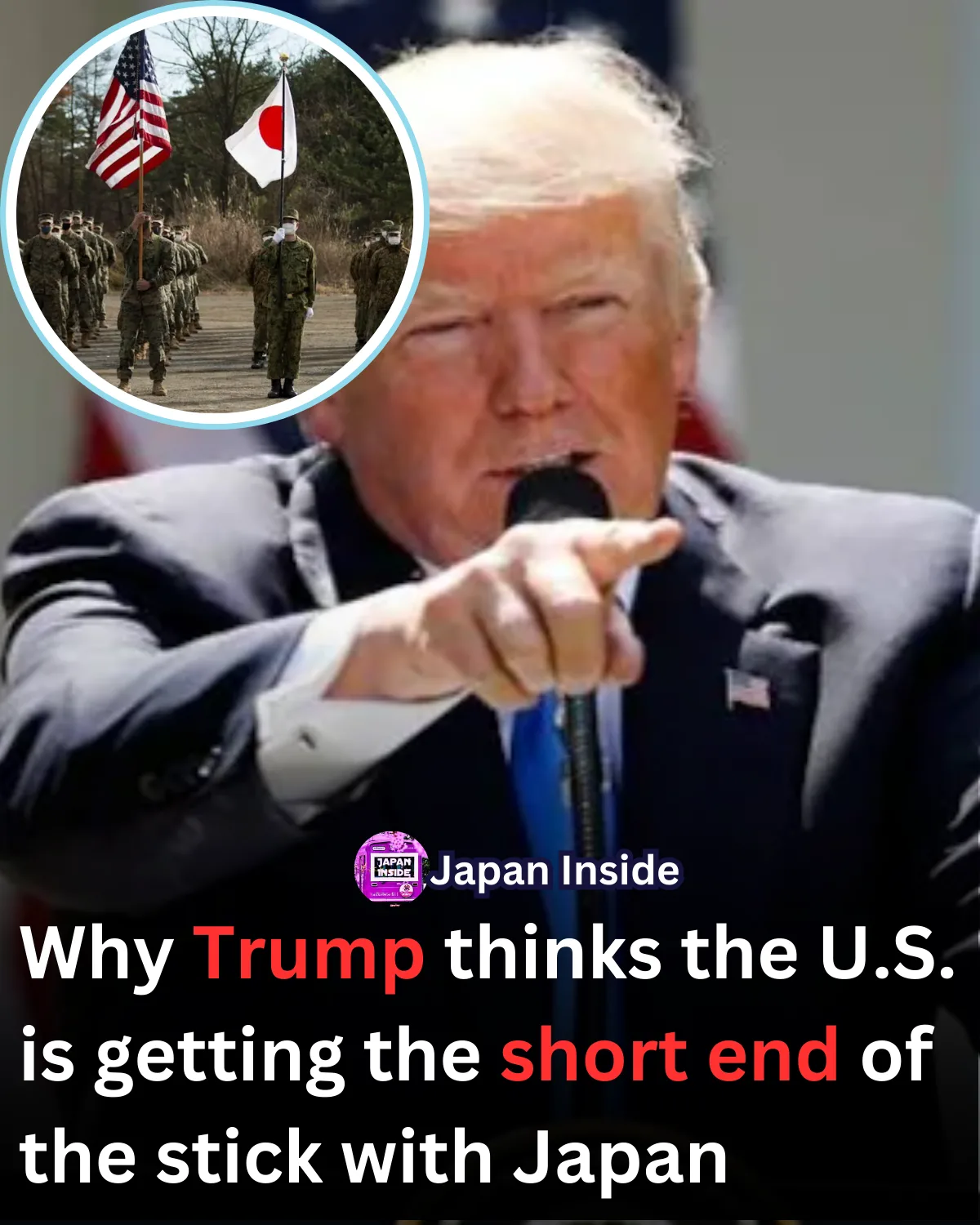U.S. President Donald Trump has reignited criticism of the decades-old U.S.-Japan safety treaty, calling it “nonreciprocal” throughout remarks within the Oval Office on Thursday. Trump, who has lengthy pressured allies to extend protection spending, questioned the equity of the settlement, which obligates the United States to defend Japan however doesn’t require Japan to reciprocate.
“I love Japan. We have a great relationship with Japan, but we have an interesting deal with Japan that we have to protect them, but they don’t have to protect us,” Trump stated. “That’s the way the deal reads… and by the way, they make a fortune with us economically. I actually ask who makes these deals?”
Trump’s feedback come as a part of his broader push to have U.S. allies, together with NATO members, contribute extra to their very own protection. He accused European international locations of “ripping off” the United States in commerce whereas failing to pay sufficient for his or her nationwide safety.
The U.S.-Japan Security Treaty
The U.S.-Japan safety treaty, revised in 1960, commits the United States to defend Japan within the occasion of an assault. In return, Japan grants the U.S. the correct to ascertain army bases on its territory. Currently, over 50,000 U.S. army personnel are stationed in Japan, the biggest everlasting deployment of U.S. forces in any nation.
Japanese officers and U.S. protection consultants argue that the treaty is significant for sustaining peace and stability within the Indo-Pacific area, significantly amid China’s rising affect and North Korea’s nuclear threats. Japan additionally offers host-nation assist of roughly $2 billion yearly to cowl prices for U.S. forces stationed within the nation.
Trump’s History of Criticism
This isn’t the primary time Trump has criticized the U.S.-Japan alliance. During his first time period, he pressured Japan and different allies, akin to South Korea, to pay extra for U.S. safety assist. At one level, Trump remarked that underneath the treaty, Japan may “watch [a U.S. attack] on a Sony television” with out being obligated to help.
Despite his criticism, Trump has additionally expressed robust assist for Japan in public boards. During a February assembly with Japanese Prime Minister Shigeru Ishiba, Trump acknowledged that the United States is “totally committed to the security of Japan” and pledged to increase “the full strength of American deterrence capabilities.”
Calls for Increased Defense Spending
Trump’s newest remarks observe an announcement earlier this week from Elbridge Colby, his nominee for undersecretary of protection for coverage, who urged Japan to extend its protection spending to three% of GDP. Japan has already dedicated to doubling its protection funds to 2% of GDP by 2027, a big shift in its postwar safety coverage.
Colby emphasised the necessity for Japan to concentrate on safeguarding its personal territory and contributing to collective protection within the area. “The best way for the United States to support this shift is to make these priorities and urgency clear to Tokyo in a constructive but pressing fashion,” he stated.
Implications for the Alliance
Trump’s remarks have sparked renewed debate over the equity of the U.S.-Japan alliance. While some argue that Japan ought to tackle a larger share of its protection tasks, others level out that the U.S. advantages strategically from its army presence in Japan, which serves as a vital hub for operations within the Indo-Pacific.
As tensions rise within the area, significantly with China and North Korea, the U.S.-Japan alliance stays a cornerstone of regional safety. However, Trump’s feedback spotlight the continuing challenges of balancing financial and safety pursuits in certainly one of America’s most vital partnerships.
Sources:


